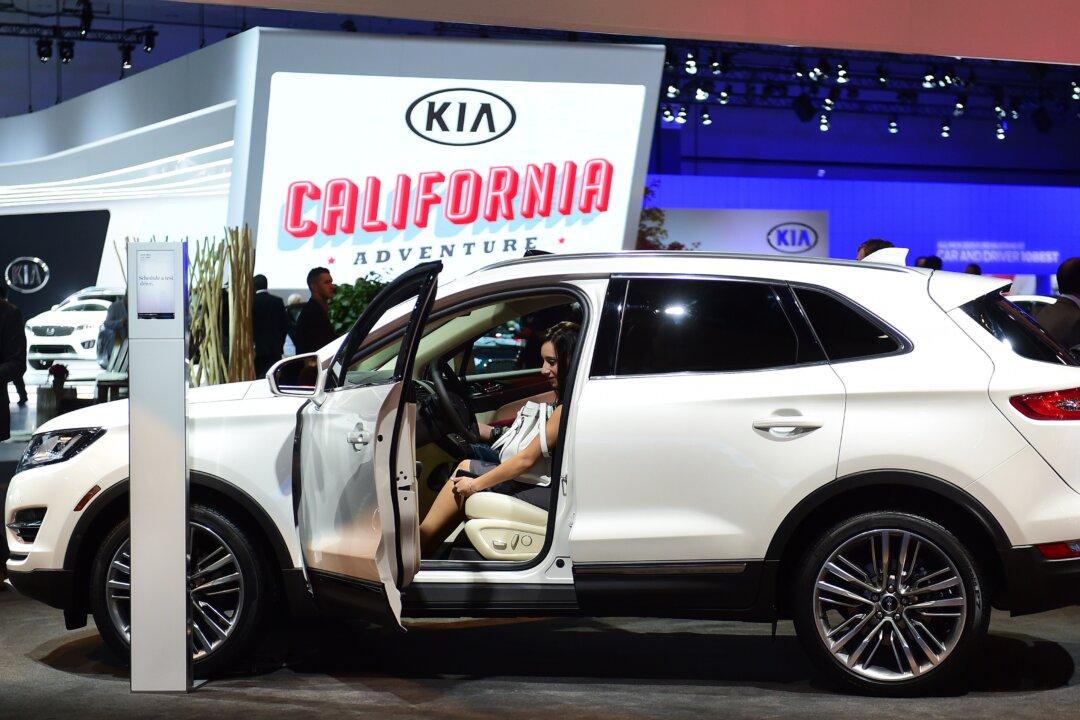California Gov. Gavin Newsom signed a bill into law on April 2 that allows carmakers to choose whether to participate in recent changes made to a state law that protects consumers who purchase defective cars.
Senate Bill 26 amends last year’s Assembly Bill 1755, which added procedural reforms to the state’s Song-Beverly Consumer Warranty Act—often called the state’s “lemon law.”





